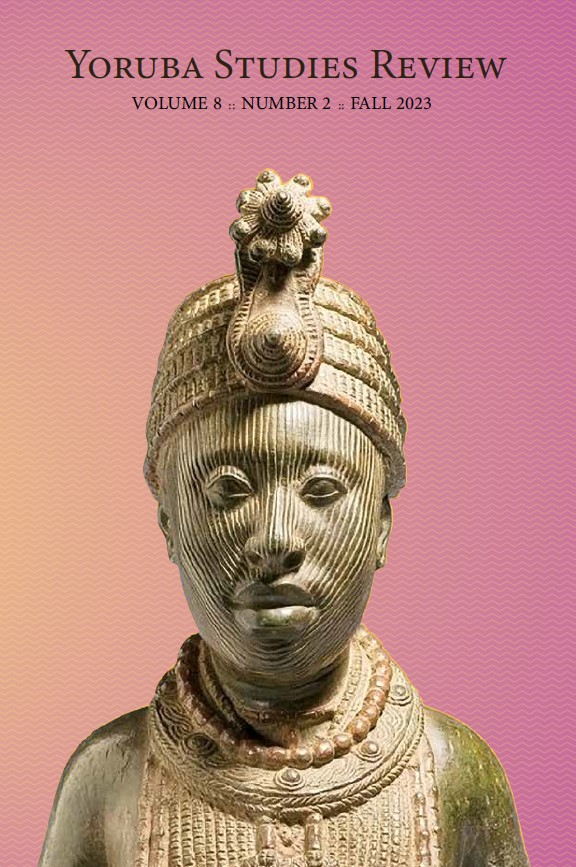Abstract
Literature reflects and refracts socio-political issues. Novels, a genre of literature, images of socio-political realities with a view to proffering solutions to some of the threats to human and social development. This essay examines the depiction of postcolonial disillusion and neo-colonial woes in Nigeria as represented in Akińwùmí Ìṣọ̀lá’s Saworoide translated, as The Brass-Bells Drum by Pamela Olubunmi J. Smith. The paper hinged on the Marxist Sociology of Literature and Postcolonial approaches, it critically evaluates inept political leadership and corrupt practices. The analysis reveals that corrupt leadership and followership undermine the development of Nigeria. Some of the major challenges undermining the development of Nigeria are the insincerity and insensitivity of political leaders to the plight of the masses, selection/electoral corruption, mismanagement of public funds, abuse of power, neglect of the masses, political assassination, bribery, and corruption. It is established in the novel that, the greatest obstacles to Nigeria’s development are inept leadership and corruption. The paper concludes that the uniqueness of Iṣọla’s discourse of postcolonial woes manifests in the adroit blend of motifs and narrative techniques of political instability, betrayal of trust, acute leadership crisis, and corruption. The novelist advocates harnessing some tangible and intangible cultural heritage as well as communal revolt to checkmate the continuing spread of this menace of (mis)governance in Nigeria.

This work is licensed under a Creative Commons Attribution-NonCommercial 4.0 International License.
Copyright (c) 2023 Arinpe G. Adejumo , Emmanuel Akinyinka Ilori
